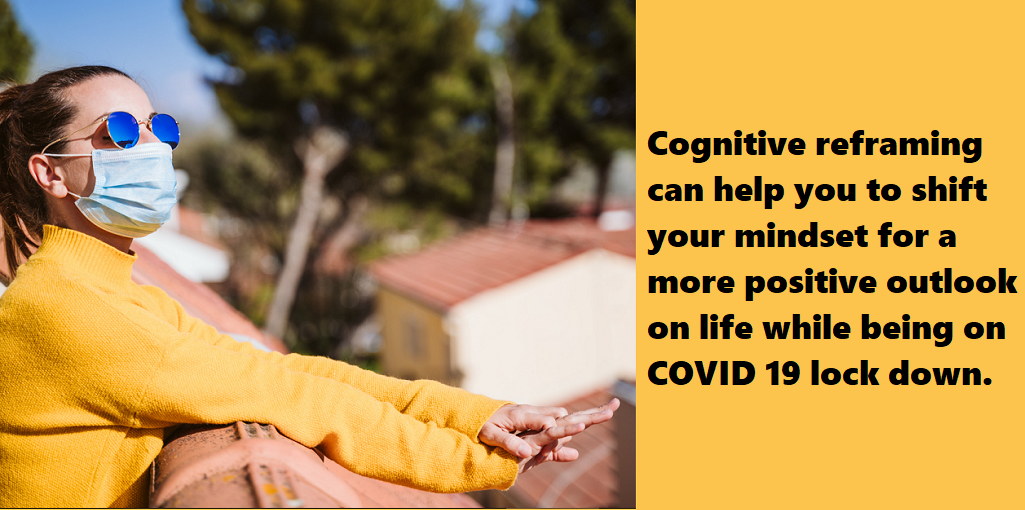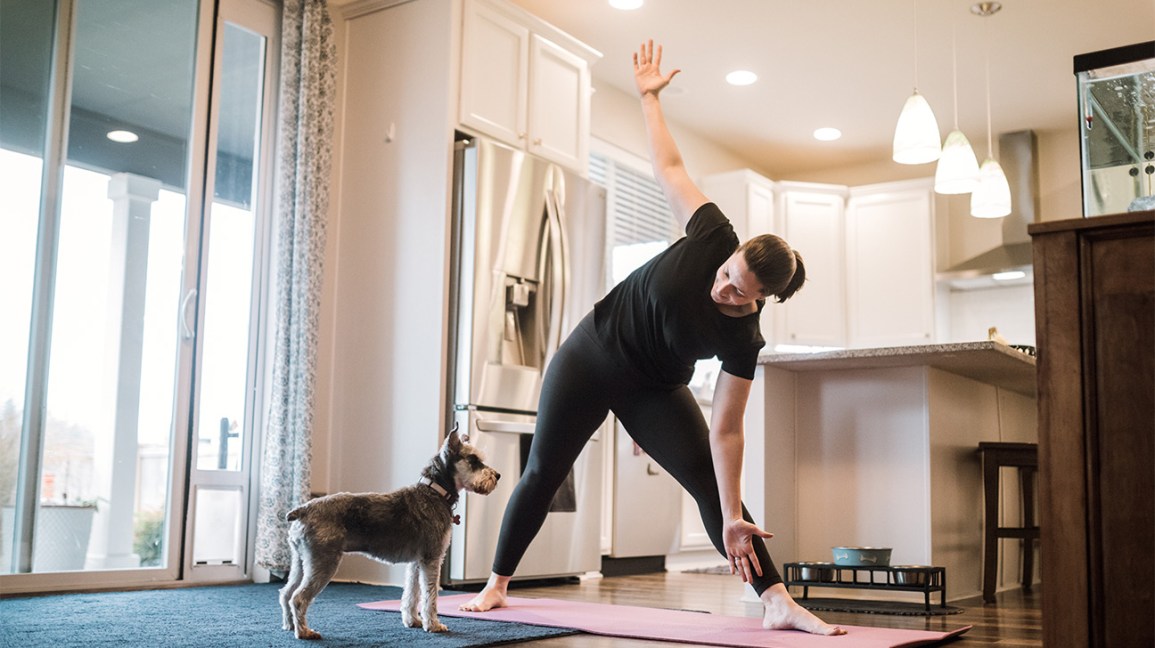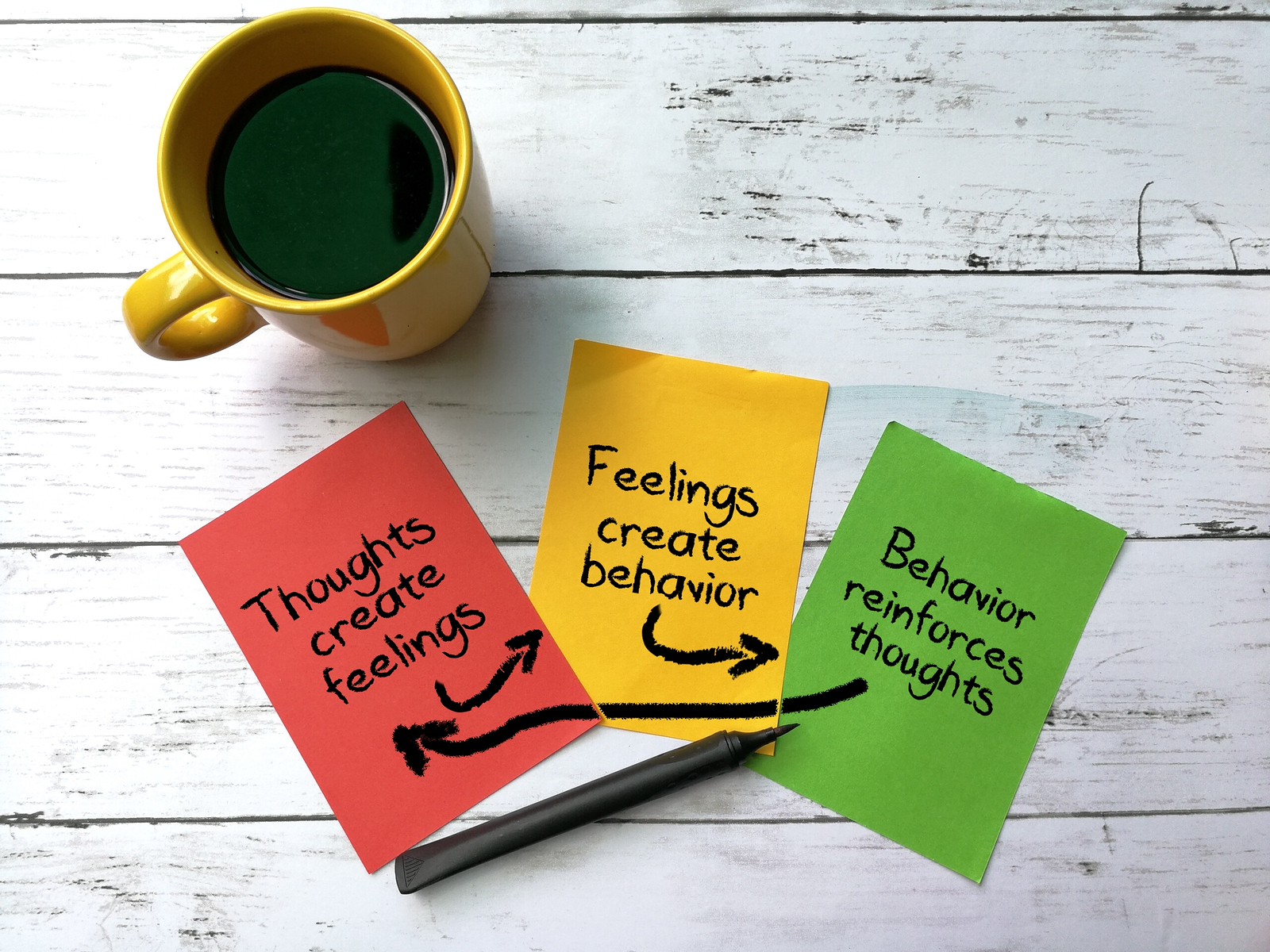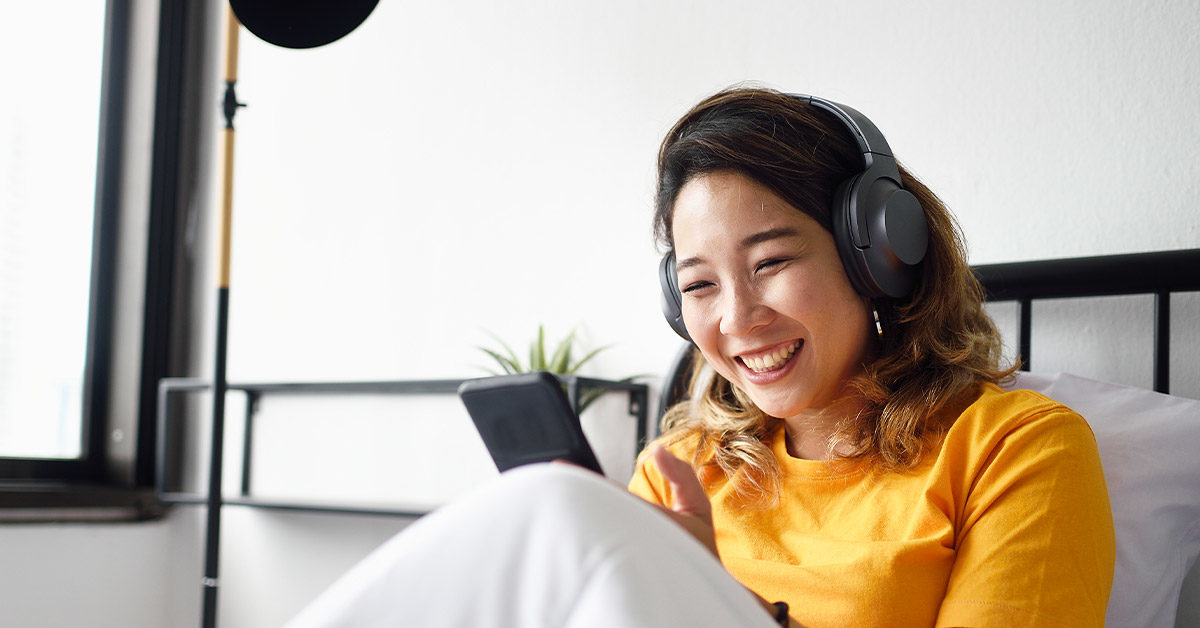After some searching and observation, I realized that at this difficult time, there are lots of advice being given about how to stay healthy, get healthier and boost our immune system during the coronavirus pandemic such as washing your hands, practicing social distancing, staying home and eating more fruits and vegetable.

However, there is sadly a limited amount of attention or advice being given about staying mentally healthy. While physical health is very important at this time, mental health is also very important.
I recently did some research and wrote an article on “increased domestic violence as one of the effects of coronavirus pandemic”, and I found that there is a lot of anxiety and frustration leading to deadly outcomes for women at this time in some areas.
According to reports, a man shot his wife dead and then killed himself afterward. The family told the police, he was anxious about the virus. Another woman locked herself in the bathroom and called the police to report that her husband started slowly loading his gun as she prepared for work after telling her she was not allowed to go outside for fear of the virus.
There have been reports of anxiety and frustration as people are forced to stay home and are faced with uncertainty about the virus and when life will return to normal.
Tips on managing mental health and how to stay mentally healthy at this time are very vital. So while we are taking all necessary precautions to stay physically healthy, let us also take proactive steps to care for our mind and emotions at this time.
Why Coronavirus Might Impact Your Mental Health
There are several factors that influence why coronavirus may impact on mental health, these factors are generally health and financial concerns. They include;

- Anxiety caused by the fear of getting infected with the virus and worrying about your loved ones, family, and friends and especially your elderly relatives getting infected.
- Anxiety caused by financial, job, and business concerns.
- Cabin fever. The restlessness and frustration from reduced physical activity and staying long periods indoors could cause anxiety, boredom, and sometimes depression.
- The stress of adjusting to disrupted routines, plans, and social activities.
Most of these issues could lead to feelings of depression which aids mental health decline.
Warning Signs
Stressful times such as this with lots of uncertainty and anxiety could lead to emerging or deteriorating mental health. Here are some warning signs that indicate declining mental health to help you self-diagnose and take steps towards taking care.
- Constant mood swings. You might be getting sad, depressed, and moody at any slightest chance and for no apparent reason.
- Change in appetite. Eating too much or too little.
- Change in your sleeping habit. You might be sleeping too much or not getting enough sleep.
- Difficulty in concentrating, getting tasks done, and generally being productive.
Steps You Can Take to Manage Your Mental Health
Fortunately, there are steps you can take to improve your mental health. You can do this by addressing your emotional needs.
1. Get Physically Active

Although it can be taken for granted, we have come to realize in these past few weeks that physical activity is an important component of keeping good mental health.
Get physically active. Even though you cannot go places you would normally go, you could walk outside, breathe in the fresh air, take up exercising, take a walk daily in your backyard, and appreciate nature. Just take it all in.
Also, depending on where you live and the current regulations concerning the pandemic in your area—you might be able to take a walk down your street and back, just make sure to use a face mask as you leave the house.
2. Reach out to Family and Maintain Social Connections
For some people, social contact and activities is an important part of their life, and taking that away can have serious effects on their mental health. And by the nature of current situations, social contacts and activities are no longer available to most, leading to a feeling of loneliness and disconnection for some.
While some people might be able to regularly interact with their friends and family via face time, skype, and other mediums, others might not have that option.
You should reach out to your family and friends and talk, this would help build up your sense of inclusion and camaraderie in these trying times. Maintain connections with family, friends. You could use social media chats, schedule video chats, and send cards or notes. If you do not have family and friends to talk to you could join online support forums where you can interact with people in your community.
3. Shift your perspective and Think Positive

Keep in mind that the pandemic will not last forever, we will get through this and come out stronger. You should shift your perspective and try to see all these things you are going through now in an optimistic light. Read inspirational and motivational thoughts and books, take a decision to think positive, affirm with positive thoughts of the day, make appreciation, and inspiration your thing.
View the stay at home order as a time to, take a breath and reflect on how to move your life forward, a time to bond with family, and prioritize what is most important. Take the time to rest and reflect on the work you have been doing, how to do a better job, how to run your business better, how to take care of yourself better. Appreciate nature, your spouse, your kids, your home, and your life.
4. Curtail the Negatives and See the Positives
I know that everywhere we turn now, every social media feed, every tv channel there is some talk about the COVID 19 pandemic going on in some regard. While it’s important to be informed about the happenings, constant consumption of coronavirus related content which regales you with information about the death toll and others can keep you in a state of anxiety and distress.
You can curtail the negatives you hear about the pandemic. News such as death toll and count should be avoided, instead, you can focus on the recoveries and the efforts of medical personnel, philanthropists, entertainers, and others working hard to contain the spread and to relieve us of the effects. This will help in improving your psychological well-being.
5. Practice Healthy Coping Skills
For some people, coping with mental distress or anxiety involves going to the gym or hanging out with a friend, but with these options currently unavailable, you could find other healthy ways to cope by trying out new activities.
You can start keeping a diary or journal, you can start trying out those old family recipes, painting, illustrating, writing, exercising at home, meditation – there are some apps that could help you with that. Avoid unhealthy coping skills like excessive eating and alcohol, those could be counterproductive.
6. Seek out Professional Help
Scrolling through Facebook recently, I saw a post telling people to reach out to mental health professionals if they needed to talk and I applauded the post.

If you are experiencing mental health decline, you could reach out to your therapist or physician to know if online therapy sessions are available, via phone, face time, Skype, etc. You may also contact a physician or mental health professional near you if they offer these services.
While you reduce social contact, stay home, and wash your hands regularly, remember to also take care of your mental health during this trying time. Taking these measures could help you feel better but if it doesn’t, you should make sure to contact a mental health professional. Having someone to talk to could make all the difference.
Stay home to save lives!


